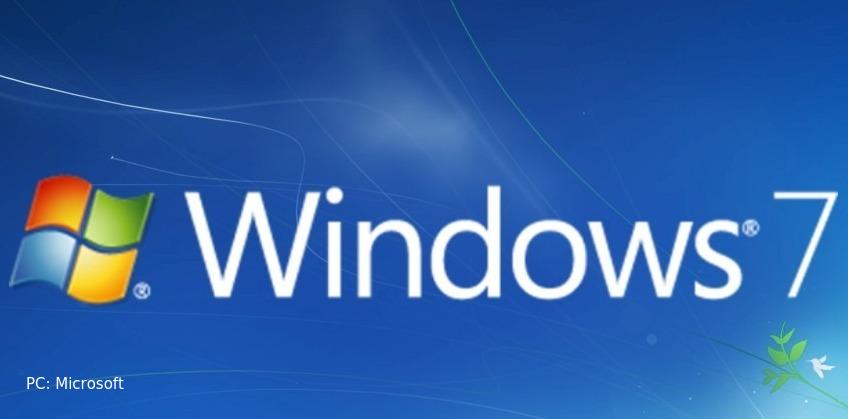- Posted On: 14 Feb 2019
- Posted By: Crescentek
30 Jun 2017

Regardless of whether it is hardware or software, you need support from the manufacturer or dealer to run the stuff suitably and satisfactorily. More so, if you are dealing with something that is a specialized item. Take for instance, an automobile, such as a 1908 T model Ford car for which you cannot possibly expect any support from Ford Motor Car Company. Of course, that does not mean that you won’t be able to run the vehicle at all, save and expect that you have to pay through your nose to get spares for the car from stores that specialize in selling antique spares. On the other hand, if you intend to drive a 2018 Ford SUV, you can avail comprehensive support from the company that Henry Ford started ages ago. In other words, working with outdated implement benefits none.
Now, turn your attention to computer software Windows, a series of operating systems that started from Windows 1 (1985) to Windows 10 (2017) developed and marketed by software giant Microsoft. Needless to say, Microsoft could not afford to provide service for such a wide array of support for all its Windows versions spanning a little above 29 calendar years.
However, since Windows 10 has already hit the market, time is ripe for Microsoft to withdraw support for its earlier versions that include Windows 7, which was released in 2009. Although Microsoft had reportedly withdrawn support for Windows 7 way back in June 2017, it presently seems that the company is determined now to draw the final curtain on Windows 7. According to Microsoft’s spokesperson, the company will also terminate extended support for Windows 7 with effect from January 14, 2020. As such, the company will not release any more updates and security measures following that date. This clearly indicates that those who are banking on their vintage Windows 7 –powered PC, there is just about a year’s time left to do take some positive action.
Microsoft, meanwhile has clarified that those who opt for Microsoft Extended Support can have paid technical assistance, security updates, as also paid non-security updates, but the company, nevertheless will not entertain requests for other major issues. However, these services are applicable only towards Windows 7 SPI or Service Pack 1.
Microsoft also announced in September 2017 that it will provide paid Windows 7 Extended Security Updates (ESU) up to January 2023 only at a high cost. Furthermore, the ESU will be provided on per-device basis, while the cost will escalate with each passing year. Also, the ESU will be obtainable to Windows 7 Professional and Windows 7 Enterprise users, eliminating regular Windows 7 users.
Microsoft made a commitment to provide 10 years of product support for Windows 7 when it was released on October 22, 2009. When this 10-year period ends, Microsoft will discontinue Windows 7 support and focus on supporting newer technologies. The precise termination of support date for Windows 7 is January 14, 2020. After that date, technical assistance and automatic updates will no longer be made available for the product. Microsoft strongly recommends that consumers should now go for Windows 10 prior to January 2020 to avoid misunderstanding.
(Q) What does Windows 7 end of support mean for me?
ANS: After January 14, 2020, if your PC is running Windows 7, it will no longer receive security updates. Therefore, it’s important that you upgrade to more advanced operating system such as Windows 10, where you will have latest security updates to help keep you and your data safer. Also, after that date Microsoft customer service will be ended and as a result you will be left in the lurch, being denied of technical support.
(Q) What should I do now?
ANS: If you happen to be a Windows 7 user, the recommended way ahead will be to reach for its more advanced version, namely Windows 10 as otherwise you will become as vulnerable as a stranded eel..
(Q) What will happen if I continue with Windows 7?
ANS: You can continue to use Windows 7, but after support has ended, your PC will become more susceptible to security risks and viruses. Windows will no doubt continue to start and run, but you will no longer receive software updates, as also security updates from Microsoft.